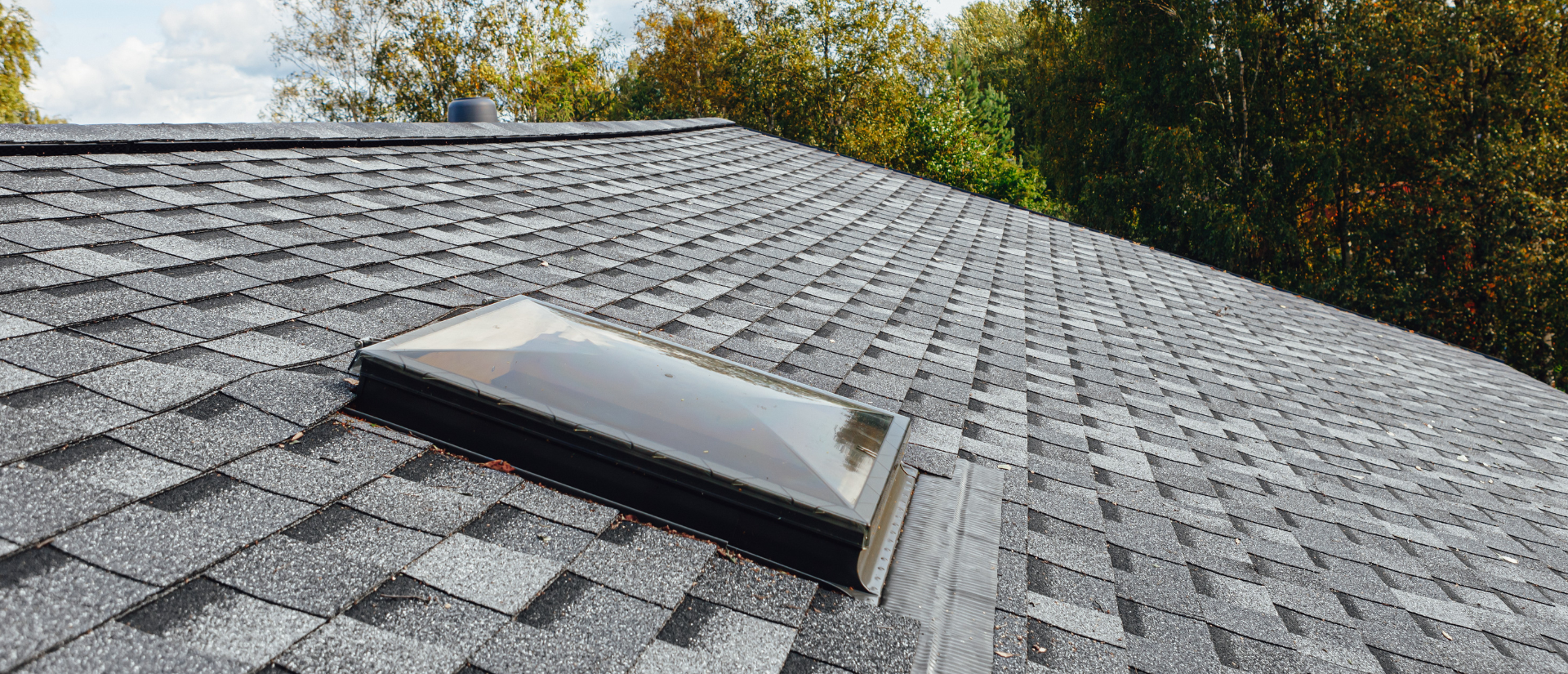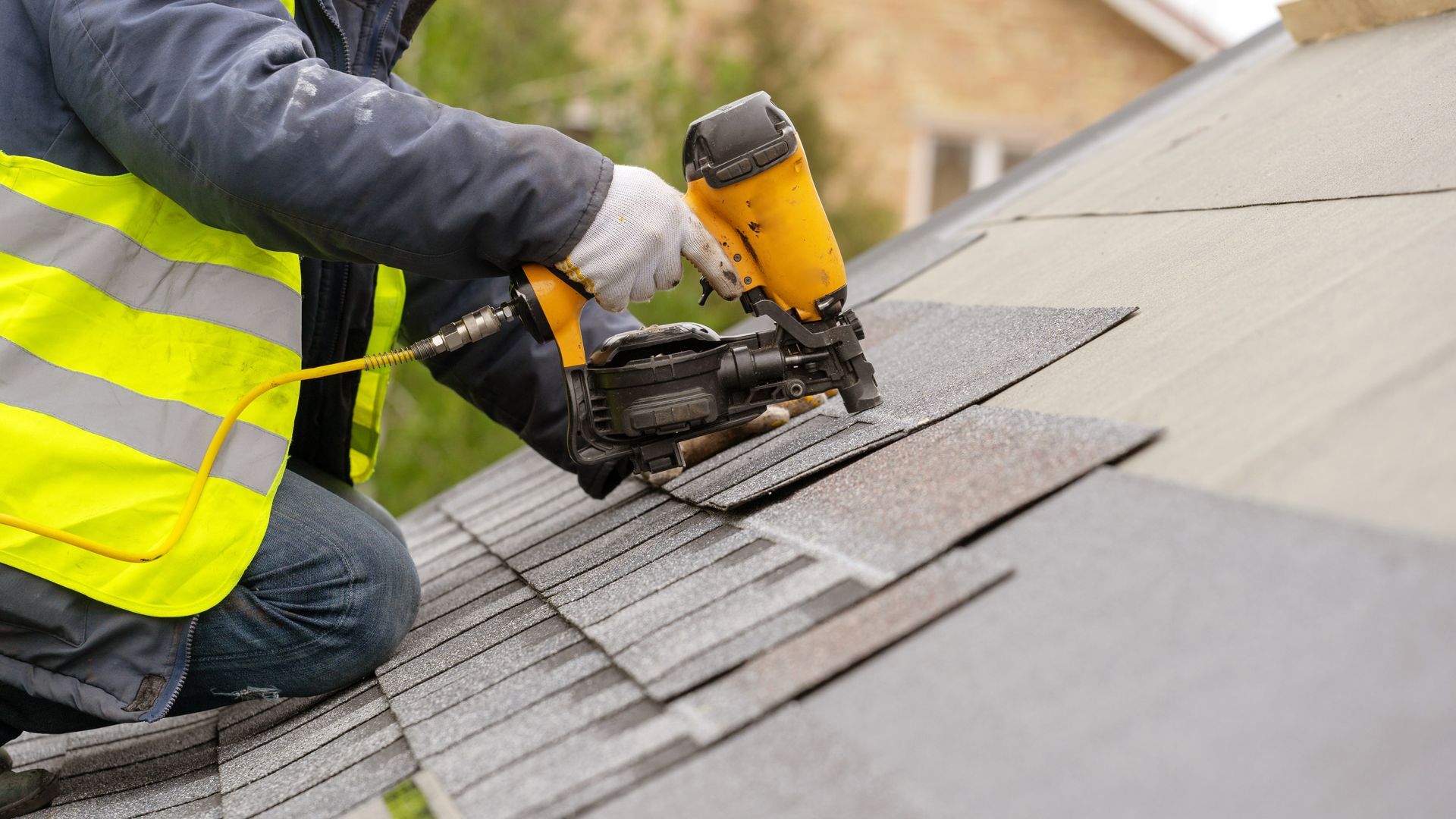How to Choose the Right Roofing Material for Your Florida Home
Choosing the Right Roofing Material for Your Florida Home

Selecting the right roofing material for your Florida home is crucial due to the state’s unique climate conditions. Florida experiences high humidity, intense sun, and frequent storms, which can impact the performance and longevity of different roofing materials. Here’s a guide to help you choose the best roofing material for your home based on Florida's climate.
1. Asphalt Shingles
Asphalt shingles are one of the most popular roofing materials in Florida due to their affordability and versatility. They are relatively easy to install and come in a variety of styles and colors. However, they may not be the best choice for areas with extreme weather conditions as they can be prone to wind damage and may have a shorter lifespan compared to other materials.
2. Metal Roofing
Metal roofing is an excellent choice for Florida homes because of its durability and resistance to extreme weather. It can withstand high winds, heavy rain, and even hail. Additionally, metal roofs are energy-efficient, reflecting sunlight and reducing cooling costs. Though initially more expensive than asphalt shingles, metal roofing can offer long-term savings due to its longevity and minimal maintenance requirements.
3. Tile Roofing
Clay and concrete tiles are a popular choice in Florida, especially in Mediterranean-style homes. Tile roofing is known for its durability and resistance to fire, wind, and insects. It also provides excellent insulation, helping to keep your home cool. However, tile roofs can be heavy and may require additional structural support. They also come with a higher price tag and may be more prone to cracking under impact.
4. Flat Roofing
Flat roofing systems, such as TPO or EPDM, are often used for commercial buildings but can also be suitable for residential properties with flat or low-slope roofs. These materials are known for their resistance to water and ease of installation. They are also highly reflective, which can help with energy efficiency. However, flat roofs may require more frequent maintenance and repairs due to their tendency to collect debris and water.
5. Wood Shingles/Shakes
Wood shingles and shakes offer a natural, rustic look that can enhance the aesthetic appeal of your home. They are good insulators and can be effective in managing heat. However, wood roofing requires regular maintenance to prevent issues such as rot and mold, especially in Florida’s humid climate. They are also more susceptible to fire and insect damage compared to other materials.
In summary, the best roofing material for your Florida home will depend on your specific needs, budget, and the local climate. Consider factors such as durability, maintenance, and energy efficiency when making your decision. Consulting with a local roofing expert can also help ensure you select the material that will offer the best protection and value for your home.


